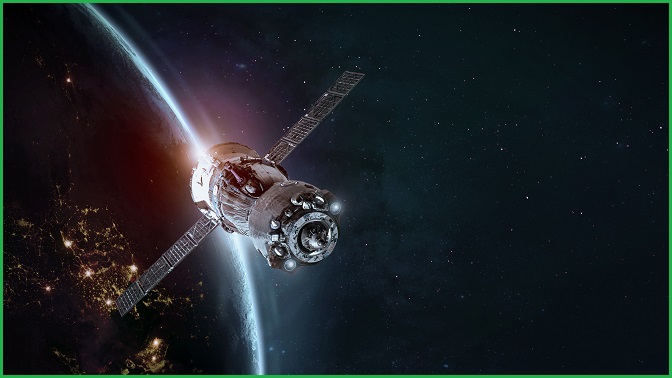The government is offering a mere $14 million to space technology projects in the first round of its Modern Manufacturing Initiative.
Four companies will take their share of the small sum with NSW manufacturer Romar Engineering picking up the largest amount – $5.8 million – to make fluid and motion control products.
Northern Territory rocketry firm EffusionTech will get $1.2 million toward developing its liquid fuel engines while Victorian manufacturer Titomic will get $2.3 million for its efforts in commercialising space vehicle and satellite part production.
The remaining grant money will go to early quantum computing startup Q-CTRL which CEO Michael Biercuk said will help the company translate science into valuable business.
“We’re excited to begin building a new type of quantum-enhanced sensor for magnetic fields compatible with operation in space,” Biercuk said.
“This will give us a new set of eyes on the Earth to directly improve mining productivity and give defense a totally new tool for gathering geospatial intelligence.”
The space projects come under a stream of the government’s $1.5 billion modern manufacturing strategy unveiled in this year’s budget.
Its aim is to trickle money into manufacturing companies across six industries – space, medical products, mining, food and beverage, defence, and sustainable industries – to support Australia’s relatively small manufacturing sector.
Industry and Science Minister Christian Porter – who was dropped from his position as Attorney General following historical rape allegations – said the $14 million for space technology would “help bolster Australia’s reputation” in the international space industry.
“From satellites, to componentry in sensors and even rocket engines, Australian manufacturers are drawing on our existing advanced manufacturing expertise to launch into new exciting local and global markets,” he said.
“This funding is about creating more opportunities to grow our local space industry, unlocking further investment and delivering the skilled jobs we need now and for the future.”
A local space industry
It’s clear space technology is still not a high priority for a government which gladly rushed out $389 million to fund 27 car parks in strategic electorates on the eve of the 2019 election but only committed $41 million (over four years) to fund the Australian Space Agency (ASA) when it opened in 2018.
Even the $14 million toward space technology manufacturer is less of a concerted effort to support the space industry than it is part of the government’s scattergun approach to funding manufacturing projects, as it draws from the same $1.5 billion pool to fund both rocket R&D and meat pie production.
The Australian Space Agency has never looked like an ambitious attempt to reach the stars in the same spirit as early Soviet or American efforts during the space race.
Instead, while other international publicly-funded space projects – such as China’s which just sent three astronauts into orbit to work on its own space station and has landed a rover on Mars – Australia is content to play a minor role in the visions of others.
Prime Minister Scott Morrison’s proud 2019 commitment to $150 million (over five years) for local space technology was wholly about supporting NASA’s Moon to Mars project – something the US government is spending over US$20 billion per year to achieve.
But no one ever pretended the ASA was about anything other than trying to capture a small piece of the estimated US$350 billion global space industry while promising jobs and growth.
When unveiling the ASA’s Adelaide headquarters early last year, former Science and Industry Minister Karen Andrews acknowledged as much, saying the government “will grow the space industry here in Australia to triple in size to $12 billion and employ an additional 20,000 people by 2030”.
Private funding
Yet it is the private sector that’s left carrying weight of the government’s expectations.
Just last week Queensland startup Gilmour Space Technologies picked up $61 million in private funding from local and international investors.
The young company has managed to raise more funds on its own than the government wanted to give our space agency at launch.
Gilmour Space CEO and co-founder Adam Gilmour said the investor cash will help it send a rocket into orbit next year.
“This new investment will give us runway to launch our first orbital rocket in 2022,” he said.
“It will help us develop multiple Eris vehicles, grow our team from 70 to 120 in the next 12 months, build our sovereign space manufacturing capability for rockets and satellites, and facilitate a commercial spaceport in Queensland, where we hope to launch the world’s first hybrid rocket to space.”
Gilmour celebrated a milestone in January, with his company successfully testing a hybrid fuel engine that he believes puts Gilmour Space in the position to compete with global space firms.










